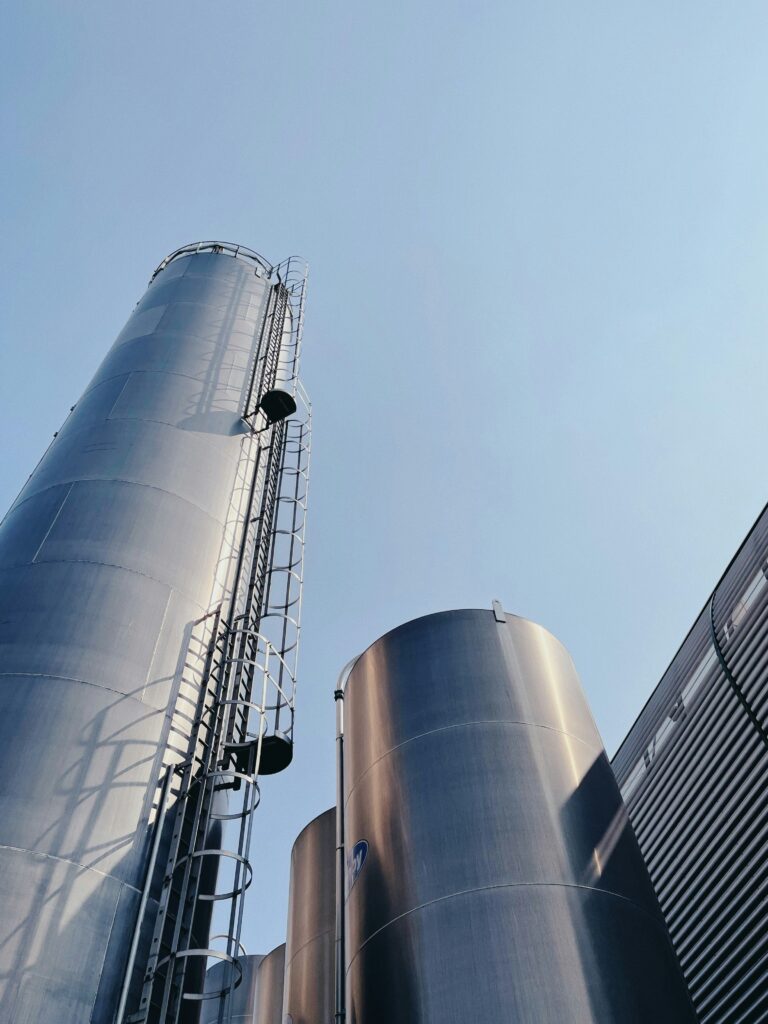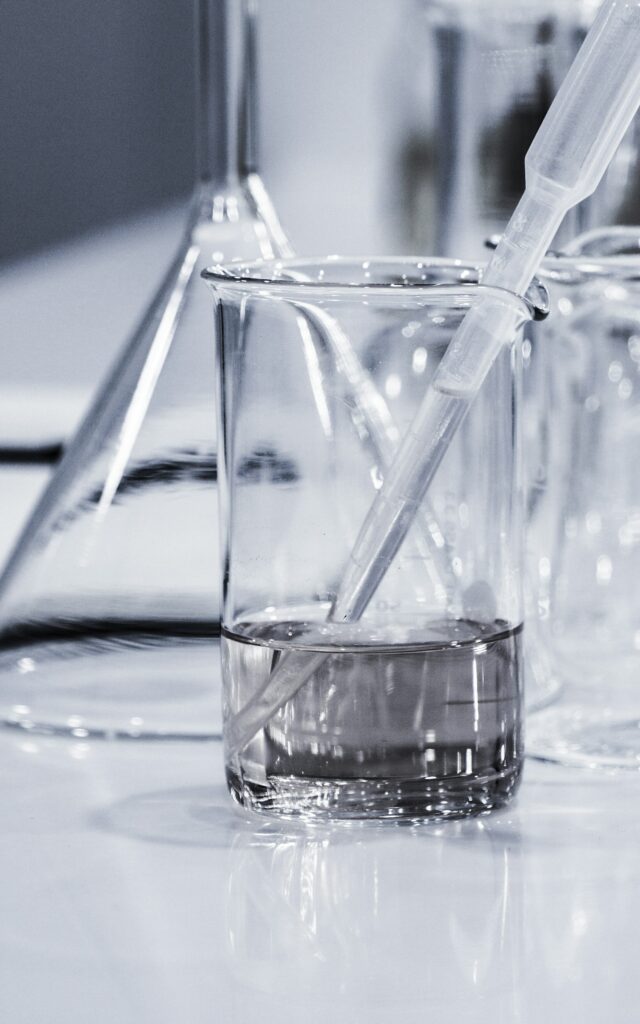CirculH2
About Us
We’re a dynamic team with members from esteemed institutions like the Technical University of Munich, Delft University of Technology, and the University of Zagreb, as well as industry partners including EvoEnzyme, Cascat GmbH, acib GmbH, Econutri, Axxence, AstraZeneca, Enzymicals AG, and Sustainable Momentum.
Together, we bring together academic rigor and industry experience to drive innovation and address complex challenges. Our collective commitment is to make a significant impact on the world.
THE BACKGROUND
Rapid transition toward the use of renewable, energy-efficient and recyclable resource is needed in industrial biotechnology to achieve sustainable production of chemicals. However, enzyme based biocatalytic processes still mostly rely on fossil-sourced or carbon rich reactants. Efficient, scalable, selective and robust catalysts are needed to deploy H2 as a clean, circular and renewable reactant in industrial biotechnology.
Our recent breakthrough in making robust and scalable hydrogenases, Nature’s highly active catalyst for H2 oxidation and H2 production, opens the possibility to meet the industrial requirements in terms of i) compatibility with biocatalysis, ii) circular chemistry, and iii) economic and technical competitiveness over fossil-sourced reactants.



The overarching aim of CirculH2 is to demonstrate the successful development of one or more highly robust and scalable hydrogenases for use of H2 that selectively drives biotransformations of bio-based materials to specialty and commodity chemicals in an industrial environment (TRL6). Modelling of the reaction processes and lifecycle assessment will deliver a full quantitative evaluation of the performances and applicability of the hydrogenase-biotransformation systems. This will provide convincing evidence for the adoption in industry. CirculH2 will deliver a scalable and robust H2-driven biotechnology compatible with the existing infrastructure that will advance European competitiveness in the sustainable and circular production of chemicals. It will minimize energy usage by having negligible resource losses and minimal downstream processing due to its highly selective hydrogenase catalysts. The CirculH2 technology aims at replacing the heavily used legacy methods of chemical production and enable decarbonization of industrial biotechnology.
